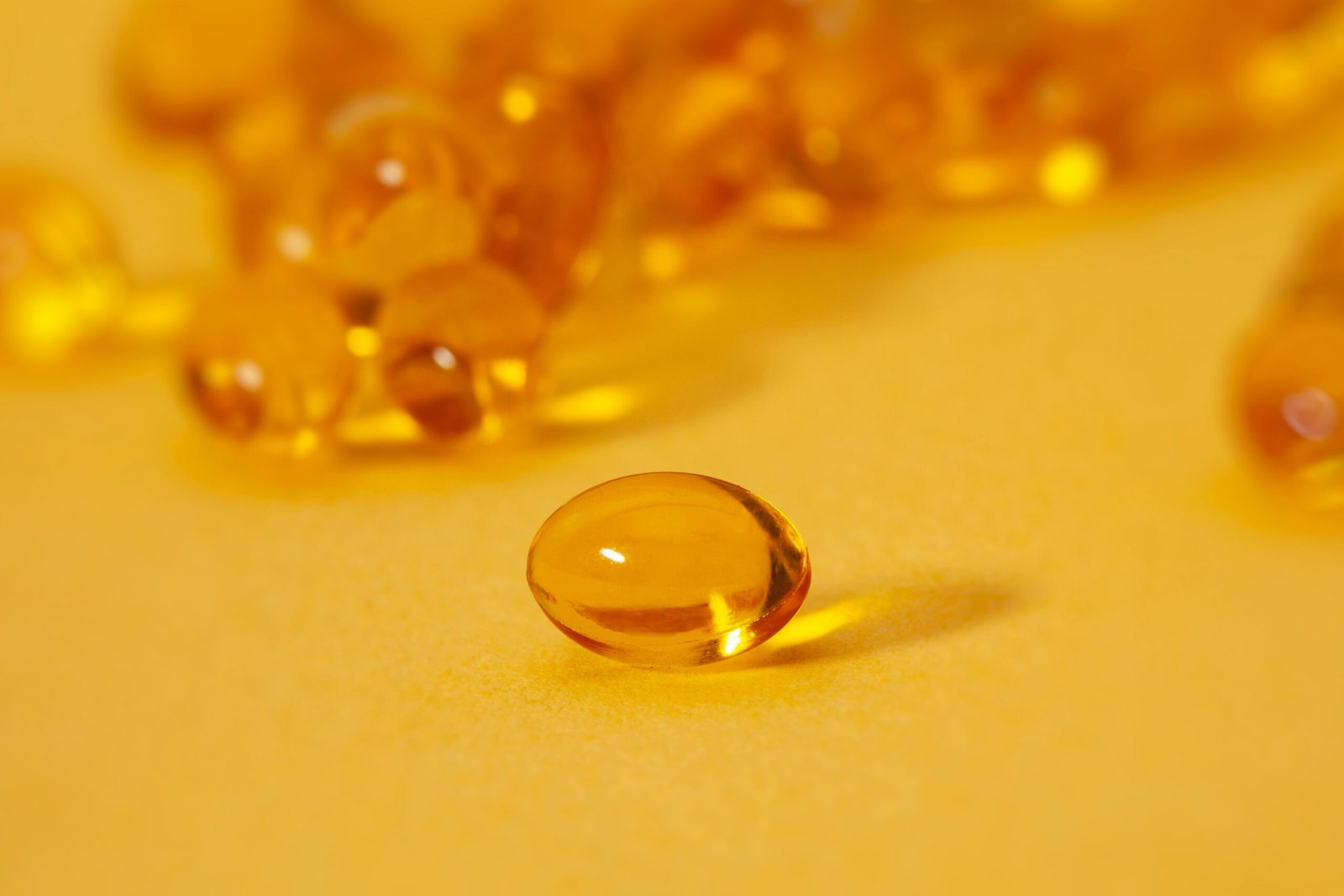Alpha Lipoic Acid: A Guide to Uses and Scientific Evidence
What is Alpha Lipoic Acid?
Alpha Lipoic Acid (sometimes shortened to “ALA”, but not to be confused with alpha linolenic acid, which is more commonly called “ALA”) is a naturally occurring compound that acts as a powerful antioxidant in the body. It is synthesized in small amounts by humans and is also found in certain foods, such as spinach, broccoli, and organ meats.
Uses of Alpha Lipoic Acid
Alpha Lipoic Acid is commonly used as a dietary supplement for various purposes, including:
- Supporting antioxidant defense
- Managing blood sugar levels
- Supporting nerve health
- Protecting against oxidative stress
- Supporting liver health
Scientific Support for Alpha Lipoic Acid’s Uses
Alpha Lipoic Acid is a potent antioxidant that helps neutralize free radicals in the body, reducing oxidative stress and inflammation. Research suggests that Alpha Lipoic Acid may help protect against various chronic diseases associated with oxidative damage, including diabetes, cardiovascular diseases, and neurodegenerative disorders[1].
One of the most well-studied uses of Alpha Lipoic Acid is in managing blood sugar levels. Alpha Lipoic Acid has been shown to improve insulin sensitivity, enhance glucose uptake by cells, and reduce oxidative stress in diabetic patients. Some studies suggest that Alpha Lipoic Acid supplementation may help improve symptoms of diabetic neuropathy, a common complication of diabetes characterized by nerve damage and pain[2].
Furthermore, Alpha Lipoic Acid has been studied for its potential benefits in supporting nerve health, particularly in individuals with neuropathic conditions such as diabetic neuropathy and peripheral neuropathy. Alpha Lipoic Acid may help protect nerve cells from damage, improve nerve function, and alleviate symptoms such as numbness, tingling, and pain[3].
Moreover, Alpha Lipoic Acid may support liver health by enhancing detoxification processes, reducing inflammation, and protecting liver cells from oxidative damage. Alpha Lipoic Acid supplementation has been studied for its potential benefits in individuals with liver diseases such as nonalcoholic fatty liver disease (NAFLD) and alcoholic liver disease[4].
Health Concerns
While Alpha Lipoic Acid is generally considered safe for most people when taken at recommended dosages, there are some potential health concerns to consider. High doses of Alpha Lipoic Acid may cause gastrointestinal upset, including nausea, vomiting, or diarrhea in some individuals.
Additionally, Alpha Lipoic Acid supplementation may interact with certain medications, including diabetes medications, thyroid hormones, and chemotherapy drugs. Individuals taking medications or with underlying health conditions should consult with a healthcare professional before using Alpha Lipoic Acid supplements.
Recommended Standardization or Dosage
Alpha Lipoic Acid supplements are available in various forms, including capsules, tablets, and powders. The recommended dosage of Alpha Lipoic Acid supplementation depends on individual factors such as age, weight, and health status.
For general health maintenance and antioxidant support, typical dosages of Alpha Lipoic Acid range from 300 mg to 600 mg per day, taken with meals. Higher dosages may be recommended for specific health conditions or under the guidance of a healthcare professional.
References
- Packer L, Witt EH, Tritschler HJ. Alpha-lipoic acid as a biological antioxidant. *Free Radic Biol Med*. 1995;19(2):227-250. doi:10.1016/0891-5849(95)00017-r
- Ziegler D, Ametov A, Barinov A, et al. Oral treatment with alpha-lipoic acid improves symptomatic diabetic polyneuropathy: the SYDNEY 2 trial. *Diabetes Care*. 2006;29(11):2365-2370. doi:10.2337/dc06-1216
- Zhao L, Hu F, Shi X, et al. Efficacy of alpha-lipoic acid on diabetic peripheral neuropathy: protocol for a systematic review and meta-analysis of randomized controlled trials. *Medicine (Baltimore)*. 2020;99(3):e18749. doi:10.1097/MD.0000000000018749
- Gong G, Qin Y, Huang W, et al. Alpha-lipoic acid supplementation alleviates nonalcoholic fatty liver disease in patients: a meta-analysis. *Biosci Rep*. 2020;40(2):BSR20193592. doi:10.1042/BSR20193592
Conclusion
Alpha Lipoic Acid, with its potent antioxidant properties, offers potential benefits for supporting antioxidant defense, managing blood sugar levels, supporting nerve health, protecting against oxidative stress, and supporting liver health. While generally safe when taken at recommended dosages, individuals should be aware of potential gastrointestinal side effects and interactions with certain medications. It is advisable to consult with a healthcare professional before using Alpha Lipoic Acid supplements, especially if one is taking medications or has underlying health conditions.



